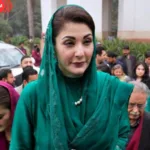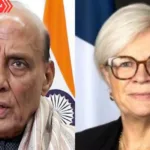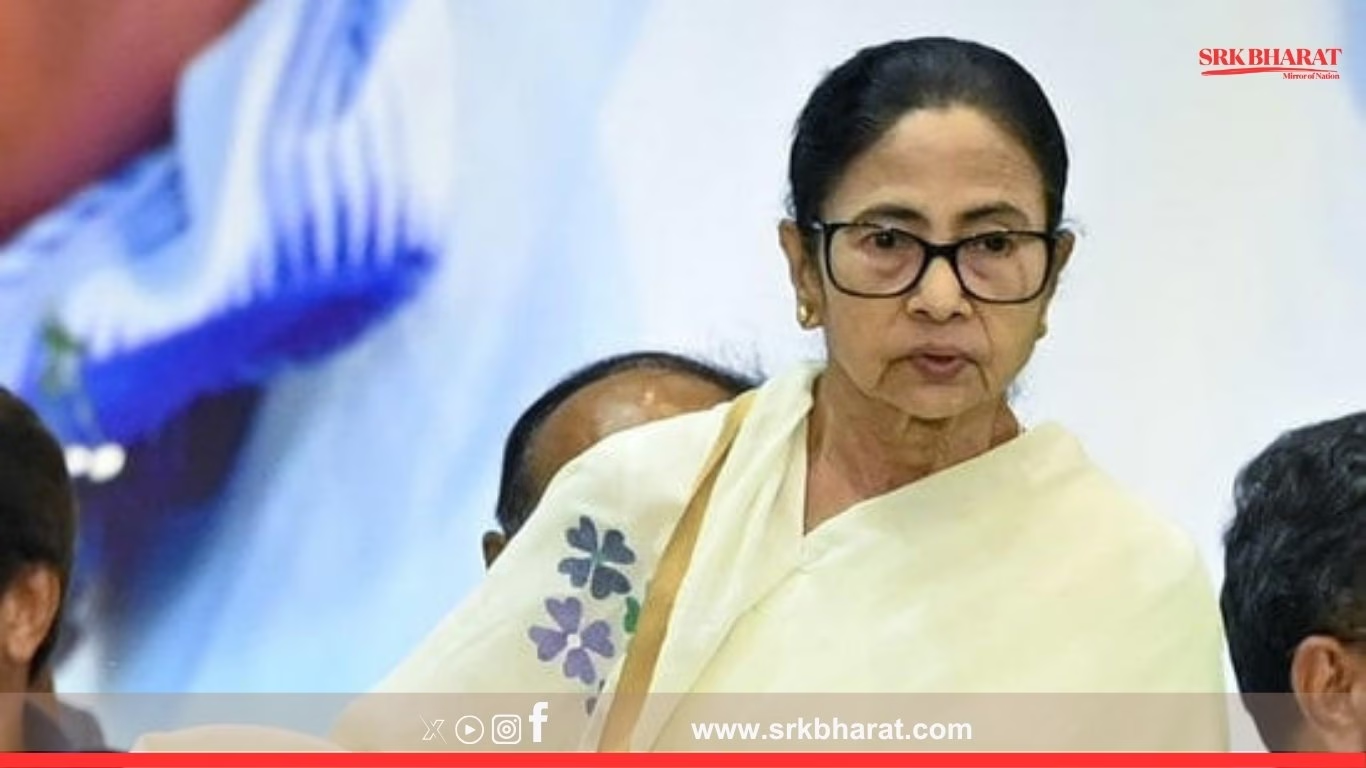Kolkata/New Delhi – A fresh political row has erupted after the Delhi Police, in a controversial document, reportedly referred to Bengali as a “Bangladeshi language” in the context of identifying illegal immigrants. The reference sparked sharp condemnation from West Bengal Chief Minister Mamata Banerjee, who termed it an “insult” to Bengali language and culture, demanding an immediate apology and clarification.
The incident has ignited widespread outrage in West Bengal and other Bengali-speaking regions, with linguists, politicians, and civil rights groups condemning the apparent mischaracterization of one of India’s constitutionally recognized languages. The BJP, facing backlash in Bengal, has sought to distance itself from the controversy, calling it a bureaucratic error, even as the political temperature rises ahead of upcoming electoral cycles.
How the Controversy Began
The uproar began after a police advisory allegedly circulated internally by Delhi Police to security personnel at railway stations and borders, mentioned “those speaking Bangladeshi languages such as Bengali…” as part of profiling suspicious individuals possibly entering illegally.
Though the advisory was reportedly intended to assist law enforcement in tackling illegal immigration from Bangladesh, the phrasing was quickly seized upon by critics as not only inaccurate but dangerously insensitive.
Mamata Banerjee’s Fiery Response
West Bengal Chief Minister Mamata Banerjee, known for her assertive defense of regional pride and identity, reacted strongly to the incident while speaking at a public rally in North 24 Parganas.
“How dare they call Bengali a Bangladeshi language? Bengali is one of the most ancient and respected Indian languages, recognized in our Constitution and spoken by crores across India. This is a direct insult to our identity and our nation.”
She demanded an unconditional apology from the Delhi Police and raised the issue with the Union Home Ministry, calling it “linguistic discrimination and communal profiling in the name of national security.”
Banerjee also warned that such language could deepen divides and alienate genuine Indian citizens who happen to speak Bengali.
Political Fallout and BJP’s Reaction
The BJP, which is trying to expand its base in West Bengal, was quick to conduct damage control. Senior leaders including Suvendu Adhikari and Amit Malviya clarified that the language used in the advisory was “misinterpreted or wrongly drafted” and not an official stand of the party.
| Political Stakeholder | Position/Response |
|---|---|
| Mamata Banerjee (TMC) | Called the remark “insulting” and demanded a public apology |
| Delhi Police (via spokesperson) | Yet to issue an official apology but indicated possible revision of advisory |
| BJP West Bengal (Adhikari) | Denounced the term; blamed “clerical error” and accused TMC of playing politics |
| CPI(M) and Congress | Criticized both BJP and Delhi Police; called for parliamentary discussion |
The Linguistic Facts
Bengali, or Bangla, is one of the 22 official languages listed in the Eighth Schedule of the Indian Constitution and is the mother tongue of over 9 crore Indians. It is the primary language in West Bengal and Tripura and spoken in parts of Assam, Jharkhand, and even the Andaman and Nicobar Islands.
| Language | Number of Speakers (India) | Constitutional Status | Associated State(s) |
|---|---|---|---|
| Bengali (Bangla) | ~97 million | 8th Schedule language | West Bengal, Tripura, Assam |
| Hindi | ~528 million | 8th Schedule language | Pan-India |
| Tamil | ~70 million | 8th Schedule language | Tamil Nadu |
Despite its linguistic overlap with Bangladesh, where Bengali is also the national language, conflating the language with a foreign origin is factually incorrect and culturally offensive.
Cultural Organizations React
Several Bengali literary and cultural organizations, including the Bangla Akademi, issued strong statements condemning the Delhi Police for their characterization.
“Bengali is a global language, with a rich literary tradition. From Rabindranath Tagore to Kazi Nazrul Islam, Bengali heritage transcends borders—but it remains quintessentially Indian in our context,” stated a spokesperson from Bangla Akademi.
The Sahitya Akademi and INTACH Bengal chapter have also called for police personnel to undergo sensitivity training in regional languages and identities.
Public Outrage Across Platforms
Social media platforms were flooded with reactions, with hashtags like #BengaliIsIndian, #ApologizeDelhiPolice, and #PrideOfBengal trending for several hours.
| Hashtag | Peak Trend Ranking | Key Users Promoting |
|---|---|---|
| #BengaliIsIndian | No. 2 in India | Trinamool Youth Congress, Actor Parambrata |
| #ApologizeDelhiPolice | No. 5 in India | Journalists, civil society leaders |
| #PrideOfBengal | No. 6 in India | Celebrities, educational institutions |
Memes, videos, and opinion columns flooded online platforms. Notably, people from other linguistic communities expressed solidarity with Bengali speakers, underlining the idea that Indian diversity must be respected at all levels.
Legal Experts Weigh In
Legal experts have flagged the issue as a potential violation of constitutional safeguards under Article 29, which protects the interests of minorities, including linguistic minorities.
“Labeling Bengali as a foreign language creates legal complications, especially if this results in state action like surveillance or profiling,” said Supreme Court advocate Abha Singh.
Several rights groups are now mulling filing a public interest litigation (PIL) against the Delhi Police to ensure such linguistic profiling does not recur.
Electoral Impact in West Bengal?
While the BJP has been gaining ground in West Bengal over the past few years, this controversy could dent its image among Bengali voters, especially in urban and rural pockets where linguistic pride runs high.
Political observers believe Mamata Banerjee may use this issue as a rallying point for the 2026 West Bengal Assembly elections and the 2029 general elections, by projecting herself as the defender of Bengali identity against a “Hindi-Hindu-Hindustan” narrative allegedly pushed by central agencies.
Potential Policy and Administrative Action
Amid mounting pressure, insiders in the Union Home Ministry indicated that they may review internal guidelines related to the language used in advisories to law enforcement.
Civil rights groups are also demanding that the Delhi Police release an official statement clarifying the role and identity of regional languages in intelligence communications.
| Possible Action | Status |
|---|---|
| Withdrawal of advisory | Under review |
| Apology from Delhi Police | Not yet issued |
| Home Ministry policy review | Internal discussions ongoing |
| PIL on linguistic profiling | Being considered |
Conclusion
The labeling of Bengali as a “Bangladeshi language” in an internal document by Delhi Police has snowballed into a national controversy, revealing the sensitive intersections of language, identity, and politics in India. Mamata Banerjee’s vocal opposition, coupled with civil society outrage, has forced the central government and BJP into damage control mode.
As India continues to grapple with issues of national security and illegal immigration, this episode underlines the need for factually accurate, culturally sensitive, and constitutionally compliant law enforcement language. Whether the government acknowledges and corrects the error may well determine its credibility among millions of Bengali-speaking citizens.
Disclaimer: The content in this article is based on statements from political figures, cultural organizations, and legal experts as of July 30, 2025. The matter is evolving, and interpretations or outcomes may change with new developments. This article does not reflect bias or endorsement toward any political or cultural group.












нарколог психолог http://narkologicheskaya-klinika-25.ru .